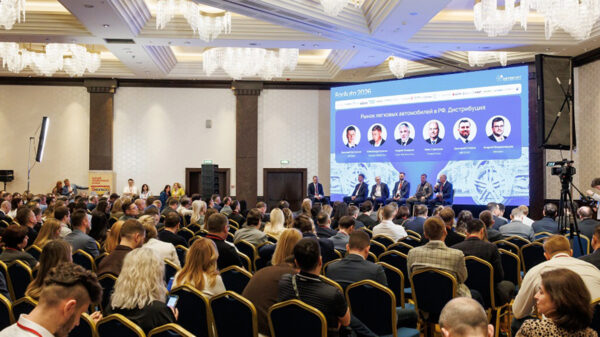 The subway has lost much of its value following an emergency rescue deal to keep it afloat. Photo: Leon Neil/Getty Images Europe
The subway has lost much of its value following an emergency rescue deal to keep it afloat. Photo: Leon Neil/Getty Images Europe
UK high High street bank shares lost investors £7bn last year amid growing skepticism about lenders' future profits.
Barclays, NatWest, Virgin Money shares and Metro have failed to deliver growth since January due to a bleaker outlook for the sector. .
NatWest, which was embroiled in the Nigel Farage debanking scandal, ended 2023 in the red after shares fell by a fifth since the start of the year. This equates to a loss of around £4.6bn in the bank's value.
Barclays shares also fell, with investors losing around £1.5bn. And Lloyds shares ended 2023 unchanged, having failed to achieve significant growth.
Smaller lenders such as Virgin Money and Metro Bank were also hit. Metro has lost most of its value following an emergency rescue deal to keep it afloat, while Virgin Money has failed to recover its share price.
In total, the combined market capitalization of all four banks in negative, decreased by 7 billion pounds.
According to AJ Bell, investors who invested £1,000 in shares of the five biggest banks on January 1 and received their money at the end of December would be left with £853.80. This includes dividends, which are not included in the bank's share price.
The decline underscores the difficulties of the past 12 months amid concerns that gains from rising interest rates are beginning to fade.
< img src="/wp- content/uploads/2024/01/13aac841fceb8844344285937f82afae.jpg" />NatWest shares have fallen by a fifth in 2023 after the bank was embroiled in the Nigel Farage scandal. Credit: Eddie Mulholland
The collapse of Silicon Valley Bank (SVB) in March and the Farage episode earlier in the year also weighed on NatWest shares.
Shore Capital analyst Gary Greenwood said: “Share prices were doing well on the back of rising interest rates, but then everything collapsed with SVB and that took the wind out of the sector.
“Rising rates had a positive impact on profits and earnings, but the situation stopped and went into reverse. They stopped being beneficiaries and stopped benefiting from it.”
Fitch Ratings warned last month that the rise in UK bank profits driven by higher interest rates was coming to an end.
Banks profit from the difference between the amount they pay depositors and the interest they charge borrowers, known as the net interest margin (NIM).
However, Fitch said net interest margins will fall in 2024 and loan impairments will rise.
HSBC, another popular player, was the only UK lender whose shares rose this year.
market capitalization rose by around £15 billion to £120 billion. HSBC differs from its British peers due to its large presence in fast-growing Asian markets.According to A.J. Bella, investing £200 in HSBC would get you £256 today.
>Overall, banks around the world performed well in 2023, highlighting the difficulties in the UK. The Stoxx 600 Banks index, which tracks global banks, gained 17% last year.
Mr Greenwood said he was «optimistic» about the prospects for Britain's biggest banks in 2024.
p>“At the moment this sector has great value. The market is pricing it as if either profitability will fall or it thinks the risk profile is much higher than it has been historically,” he said.
“I don’t think there will be a big crash. in net interest margins and a significant increase in bad debts. Banks will maintain a high level of profitability.”


























































Свежие комментарии